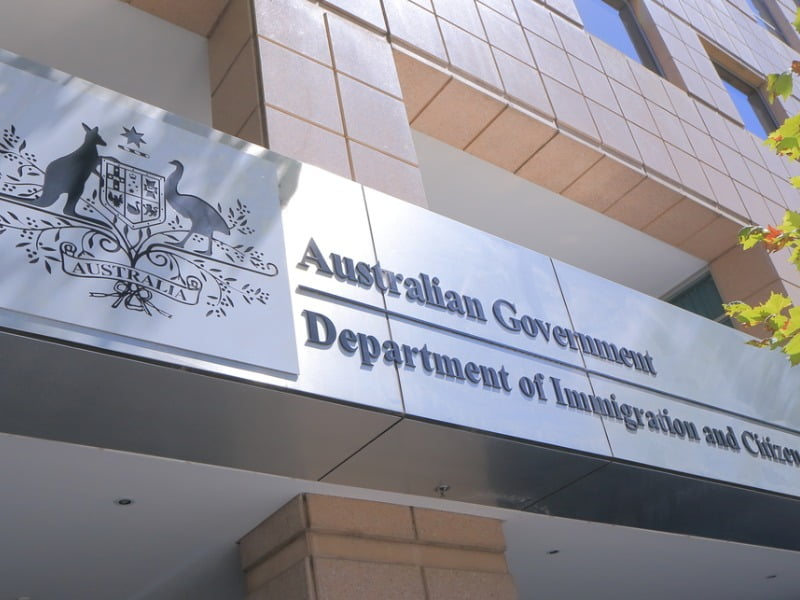A Senate committee has ordered the government to ditch its visa outsourcing plans, which has already cost $87 million before a bidder has even been selected.
The Senate committee, dominated by Labor and the Greens, pointed to a number of concerns about the $1 billion plan for a new visa processing system, including on transparency, data security and privacy.
It called on the government to completely abandon the plan and instead develop the new platform in-house.
The Senate committee report on the impact of changes to service delivery models on the administration and running of government programs was tabled late last week.

Half of the report focuses on the visa outsourcing plan, which was first revealed in 2017 when Home Affairs issued an invitation for potential market providers to submit possible solutions for a “new visa service delivery business” along with “new technologies to help design and build a global digital visa processing platform”.
The request for tender was eventually released in December 2018, with plans for the winning bidder to have been selected by October last year. But the winner still has not been picked, despite the process already costing at least $87 million.
In its report, the Senate committee rejected the Coalition’s argument that the tender plan isn’t privatisation.
“The global digital platform would see a private entity design, build and administer the system that processes the vast majority of Australia’s visa applications,” the report said.
“As such, the project would see the Department of Home Affairs hand over control of large amounts of sensitive and critical data to a profit-making conglomerate,” it said.
“Stakeholders have been understandably frustrated that the tender process has been so opaque, with no business case released, and no explanation offered for why the department cannot invest in an in-house solution.”
The committee, chaired by Labor senator Kim Carr, said the visa outsourcing plan is “fraught with risks”.
“The committee has concerns around procurement risk, data security and equitable access to data and information for potentially vulnerable cohorts. The committee is also concerned about the lack of transparency around the tender process,” it said.
“The committee suggests that department fund and further explore options for developing an in-house solution that does not require the government to ostensibly ‘hand over’ control of the processing functionality and data management to private entities.”
In the dissenting report, committee deputy chair and Liberal Senator Amanda Stoker rejected the report’s one recommendation and the notion that the tender amounts to outsourcing of the visa process.
“This modernisation process is necessary to reduce processing times and to ensure visa decision making continues to support key export industries like tourism and education, and helps keeps us all safe,” Senator Stoker said.
“The Australian government will always remain responsible and accountable, as it is today, for all visa decision making. It will determine visa rules and how decisions are made. The provider of the workflow tool will have no role whatsoever in visa decision making.”
The potential providers have been whittled down to two parties: the Australian Visa Processing consortium (Ellerston Capital, PwC, Qantas Ventures, NAB and Pacific Blue Capital) and a joint-bid from Australia Post and Accenture.
Both Prime Minister Scott Morrison and Immigration Minister David Coleman have had to recuse themselves from the decision-making process due to their close ties to Scott Briggs, who had until recently been leading the Australia Visa Processing bid.
Mr Briggs last month left the consortium, to be replaced by ex-Macquarie Bank executive Natalie Antolovich.
Both of the remaining bidders have been provided $1 million to take part in the co-design phase of the procurement.
But the plan may already be “dead in the water”, with recent revelations that it will require legislative changes, and that this would likely be voted down in the Senate.
A briefing document written by Home Affairs for the Coalition following the May election said the visa outsourcing plan would “likely require new supporting legislation”. With Labor, the Greens and Centre Alliance already opposing the plan, it stands no chance of making it through the Senate.
Do you know more? Contact James Riley via Email.

